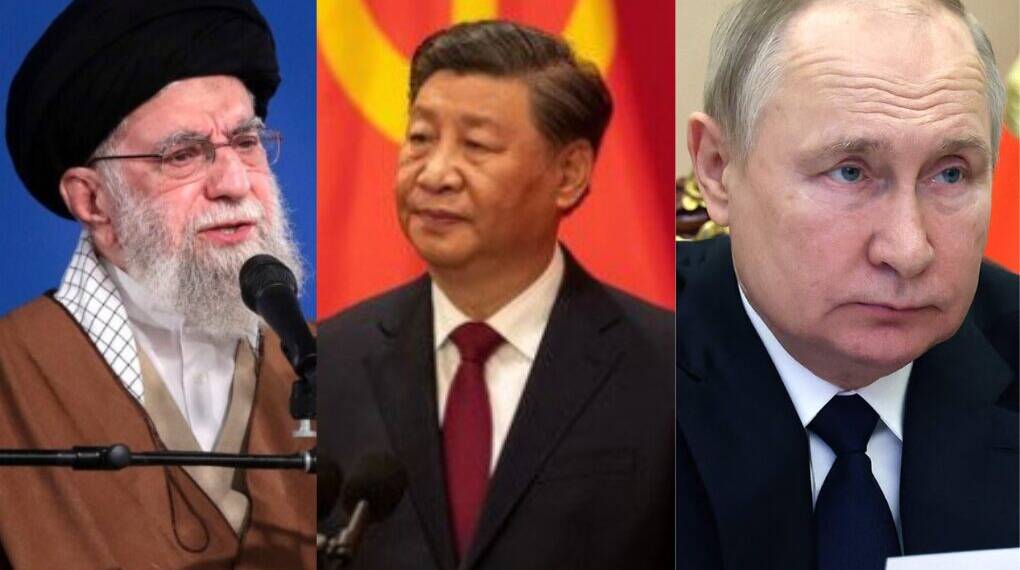In a surprising and sharply worded statement that has rattled geopolitical observers, a senior Russian official has declared that Russia is effectively “fighting alone” in its global struggle against Western influence, tacitly rebuking its nominal allies China, North Korea, and Iran for their lack of tangible support.
The comments, which surfaced during a closed-door policy forum in Moscow and were later leaked to Russian and international media, signal growing frustration within the Kremlin over what it sees as strategic passivity—or even opportunism—from its closest partners. The official, speaking on condition of anonymity, stated:
“While we bleed and bear the brunt of the West’s hybrid war, others sit back, hedge their bets, and calculate how to benefit from our sacrifices. Russia is fighting alone.”
A Crack in the Anti-Western Axis?
Since the full-scale invasion of Ukraine in 2022, Russia has steadily deepened its alignment with other authoritarian regimes. Beijing provided diplomatic cover and economic lifelines, Pyongyang shipped artillery shells and munitions, and Tehran supplied drones and military advisers. But Moscow now appears to believe that these gestures fall far short of the solidarity it expected.
China, for instance, has continued to walk a fine line—profiting from discounted Russian energy and strengthening bilateral trade, yet avoiding direct military or political confrontation with the United States and its allies. Despite growing rhetoric about a “multipolar world,” Beijing has stopped short of recognizing Russia’s annexations in Ukraine and has maintained active trade with the West.
North Korea has made headlines by providing ammunition and laborers in exchange for food and technology, but these exchanges are transactional at best. Iran has supplied Russia with drones and surveillance equipment, but Tehran remains primarily focused on its regional ambitions rather than committing deeply to Russia’s broader strategic vision.
Moscow’s Strategic Isolation
This moment of public grievance underscores a painful truth for Russia: its so-called “axis of resistance” lacks cohesion. Each partner has divergent goals and constraints, and none seem willing to jeopardize their own interests for Moscow’s war effort. The Kremlin’s frustration may stem from a realization that its geopolitical gambit has left it isolated—sanctioned, militarily bogged down, and economically vulnerable.
An independent Russian political analyst, speaking from exile, noted:
“This is not just a complaint. It’s a cry of despair. Russia hoped for a coalition and got a cold handshake. The strategic loneliness is becoming unbearable.”
Strategic Consequences
The implications of this rhetorical shift are significant. By airing grievances against allies, Russia risks alienating the few partners it still has. At the same time, the statement may be an attempt to pressure these countries into stepping up support—or at least choosing a side more decisively.
Western analysts view this development as a potential inflection point. If Russia continues to act without dependable backing, its capacity to sustain prolonged confrontation with NATO, particularly in Ukraine and Eastern Europe, could erode faster than expected.
As the war drags on and economic pressures mount, Moscow’s admission—however indirect—that it is “fighting alone” could mark the beginning of a recalibration, whether toward escalation, negotiation, or further internal consolidation.
In the fog of geopolitical realignment, one thing is clear: Russia’s illusion of a unified front is starting to unravel. And in the high-stakes chessboard of global power, isolation is a dangerous position to play from.








